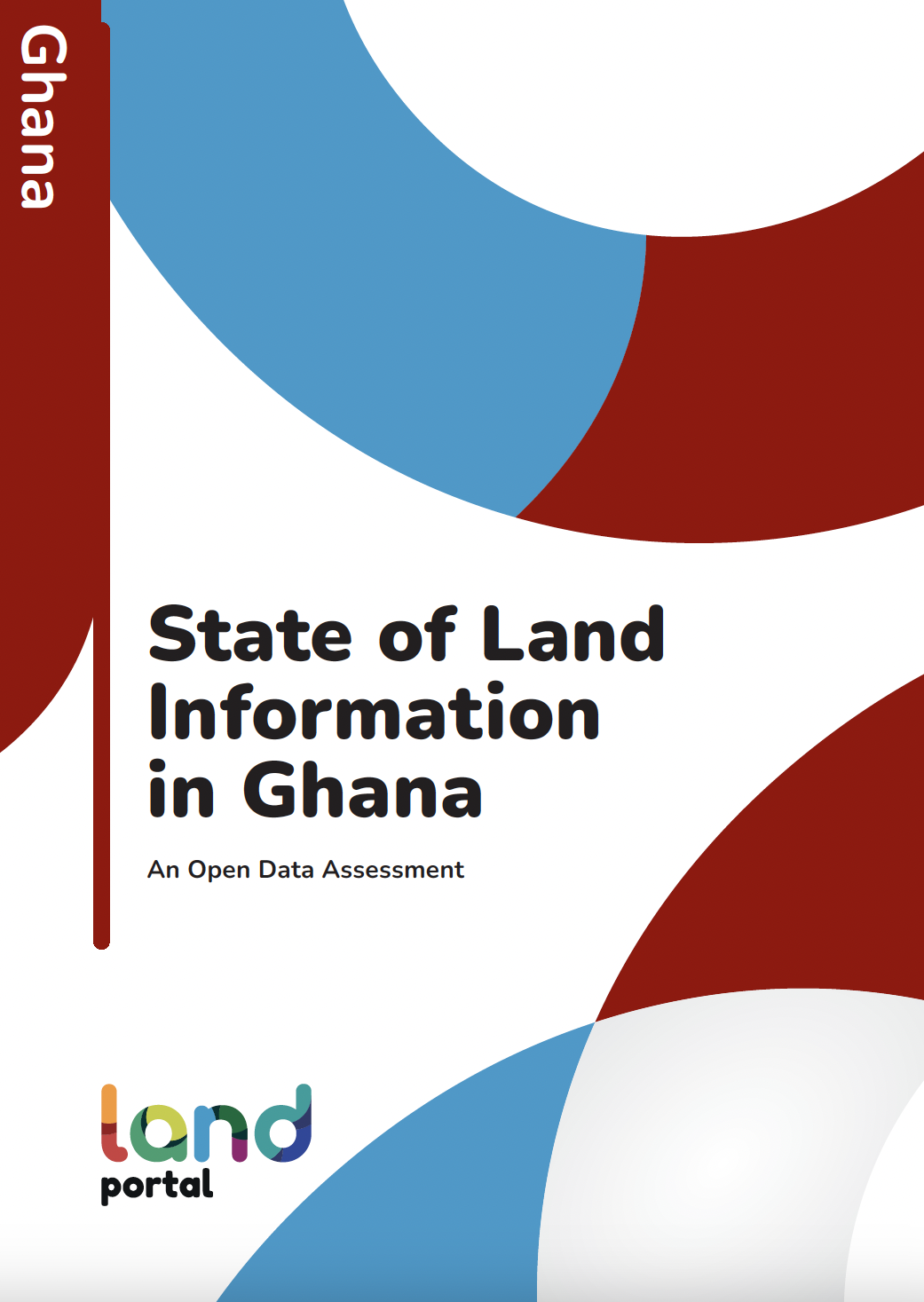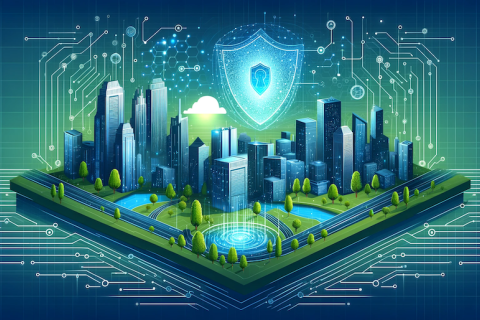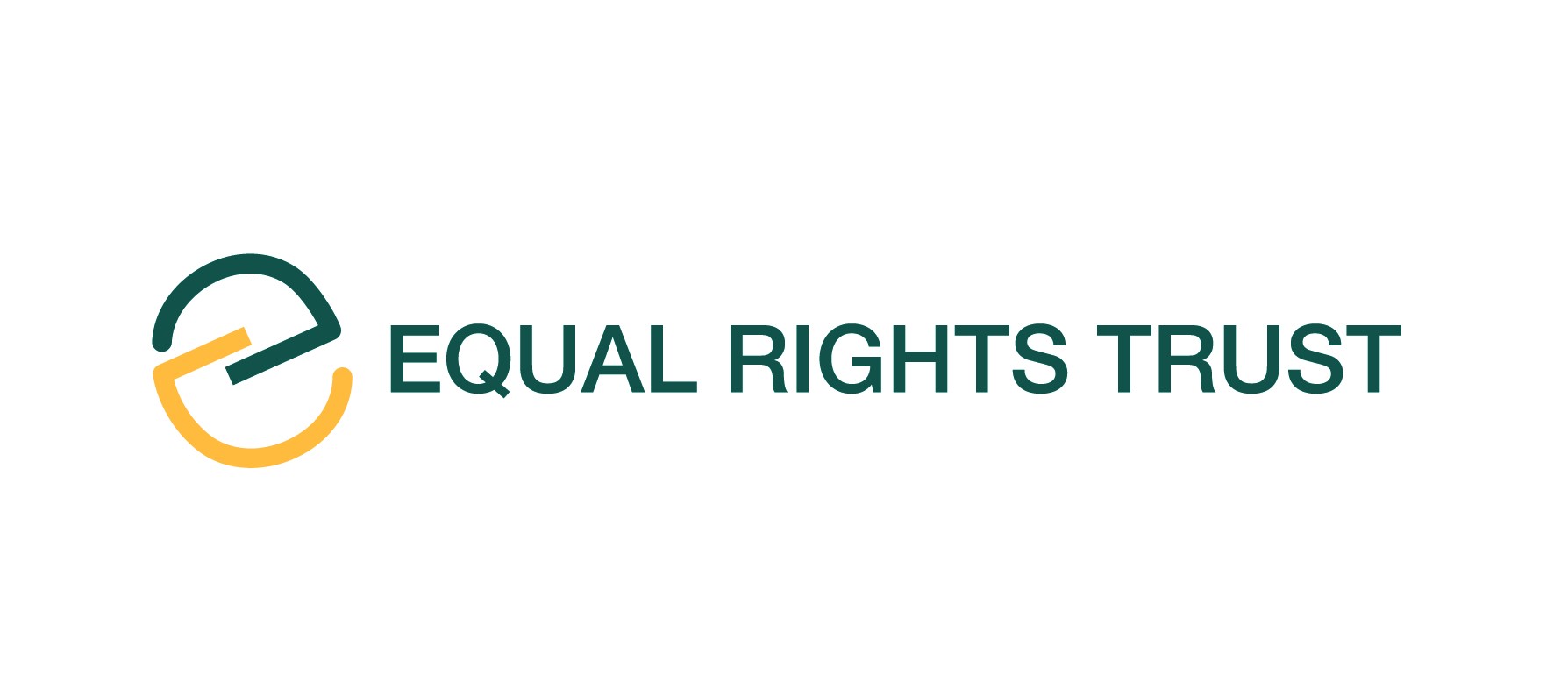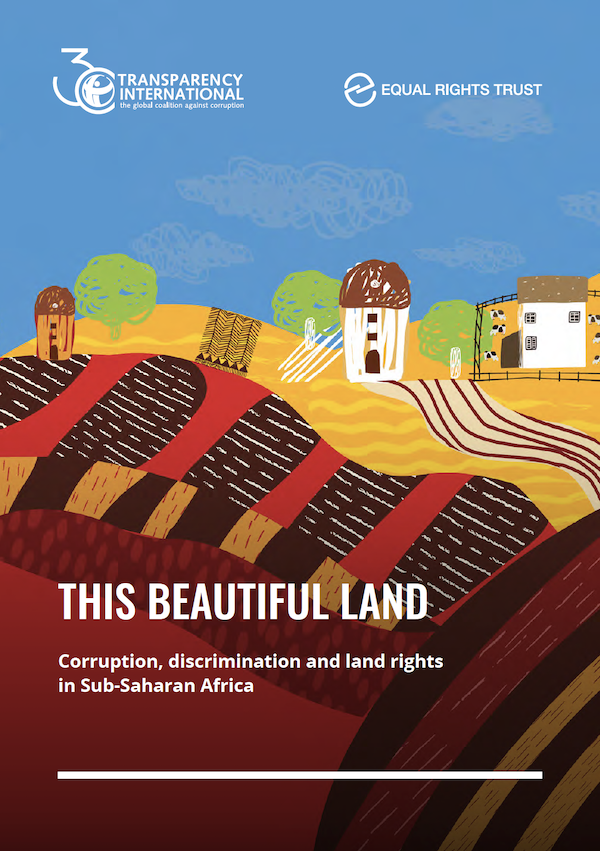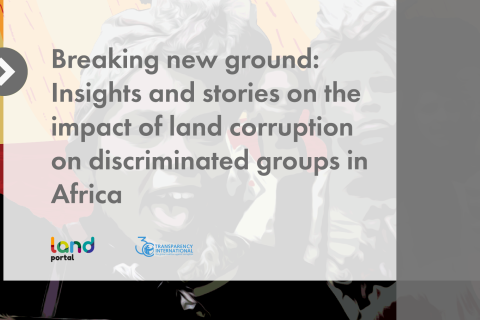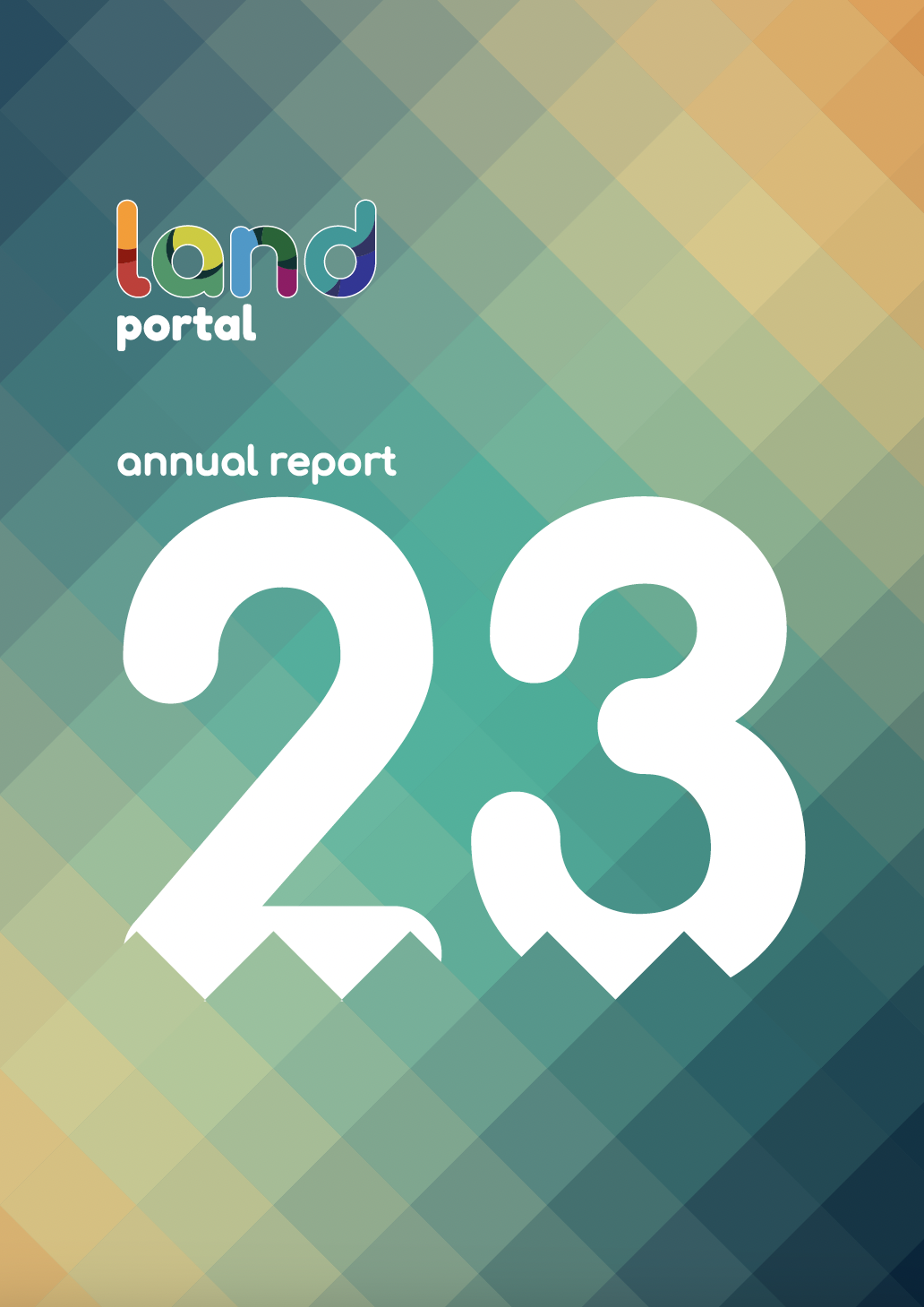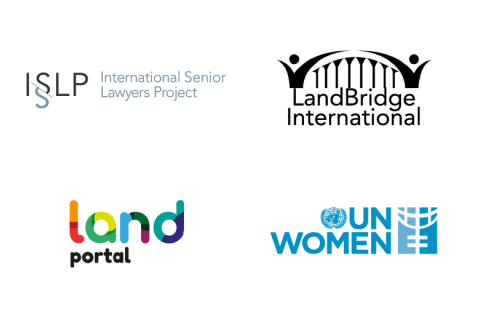
Topics and Regions
Neil Sorensen joined the Land Portal as its Communications Specialist in October 2015. He has extensive experience leading communications for international organizations and developing relationships with civil society, donors, intergovernmental agencies, the media and the private sector. Previously, Neil worked for the International Fund for Agriculture Development (IFAD) as a Governing Bodies Officer and Strategic Adviser to the Secretary of IFAD. He has also led communications for three international organizations, including the International Land Coalition, the International Federation of Agricultural Producers (IFAP) and the International Federation of Organic Agriculture Movements (IFOAM). He holds a Master’s degree in Global Diplomacy from the University of London School of Oriental and African Studies (SOAS) as well as a Bachelor’s degree with a double major in German and Sociology from St. Cloud State University.
Details
Location
Contributions
Displaying 91 - 100 of 1170State of Land Information in Ghana
Land information is critical for equitable land governance that benefits the most vulnerable and drives economic growth, sustainable development, and food security. However, land data and information sources remain highly fragmented, unstructured and do not present the full range of perspectives needed for decision making. Land governance, (laws, processes, and institutions) regulate how decisions concerning land are made, implemented, and enforced and require the best possible land data and information.
Challenges of Cyber Security in Digital Land Administration: Digital security in the area of data, AI and sustainable cities
The webinar, organized by the UNECE Working Party on Land Administration (WPLA), follows a study on ecosystems and security in land administration. It explores the complex landscape shaped by global megatrends and sector-specific drivers, emphasizing the role of technology and digitalization in land administration.
Equal Rights Trust
This Beautiful Land
In 2021, Transparency International and the Equal Rights Trust published Defying Exclusion: Stories and Insights on the Links between Discrimination and Corruption. Bringing together a diverse group of case studies from across the globe, it documented and illustrated the mutually reinforcing links – the vicious cycle – between discrimination and corruption. Defying Exclusion marked the first attempt to systematically explore the phenomena we termed “discriminatory corruption”.
Breaking new ground: Insights and stories on the impact of land corruption on discriminated groups in Africa
This webinar will explore this intersection with stories from across the continent. Speakers will show how corruption undermines land equity programs designed to address the concentration of wealth and inequality in the land sector in South Africa, and how corruption exacerbates the historical marginalization of the Nubian community in Kenya, among other examples. Speakers will also explore how governments and civil society can effectively respond to the research findings, with a focus on policies and campaigns that promote accountability and information transparency in land governance.
Land Portal Annual Report 2023
The Land Portal Foundation's 2023 Annual Report presents a comprehensive overview of our efforts and accomplishments in transforming land data governance worldwide.
Our report highlights three fundamental pillars that have guided our work: Inform, Open, and Debate. Through these pillars, we've expanded our global database of land and property rights programs, enhanced land governance data management, supported data literacy and advocacy, and facilitated critical debates on land governance issues.
New partnerships reinforce a growing movement for women’s land rights
How much food do women produce?
Women play important roles in all smallholder farming systems. Advocates for women farmers often claim that “women produce 60-80% of the world’s food.” Occasionally, we are told that this statistic refers to food produced in developing countries, or food crops in sub-Saharan Africa; the reference point is vague. But the idea is clear – women produce more food than men.
Women in agriculture: Four myths
Sustainable Development Goal 5 (SDG) on gender equality and women’s rights and at least 11 of the 17 SDGs require indicators related to gender dynamics.
Webinar Recap: the Digitization of Land Records: A Panacea for Land Conflicts
Organized by the Cadasta Foundation, Land Conflict Watch, the Land Portal Foundation, National Council of Applied Economic Research (NCAER) of India, and NRMC Center for Land Governance, the webinar "The Digitization of Land Records: A Panacea for Land Conflicts" provided an in-depth look at the critical role digitization of land records plays in addressing land disputes in India.

